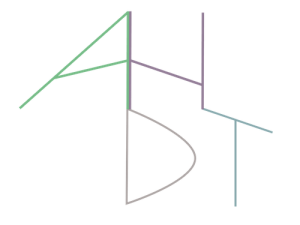organisation
ICNOVA – Institute of Communication,
NOVA University of Lisbon
CCNT – Doctoral Seminar on Contemporary
Culture and New Technologies
Coordination
Maria Teresa Cruz
Coordinator of ICNOVA Research Group on Culture, Mediation and Arts (CMA) and the Doctoral Seminar on Contemporary Culture and New Technologies (CCNT)
Organizing committee
Doctoral Students (CMA Research Group, CCNT Seminar)
Diogo Ferreira
Nathalia Rech
Philipp Teuchmann
Image and graphic creation
Nathalia Rech
Digital development
Carla Nave
Audiovisual production
Nathalia Rech
Barbara Bergamaschi Novaes
Communication
Barbara Bergamaschi Novaes
ICNOVA – NOVA Institute of Communication
ICNOVA is a research unit of Nova University of Lisbon in the field of Communication Sciences, based in the Faculty of Social Sciences and the Humanities NOVA FCSH.
The research line ARTS AND HUMANITIES IN DIGITAL TRANSITION is a proposal issued by the collaboration between the ICNOVA Research Group on Culture, Mediation and Arts and the Master and Doctoral Programs on CONTEMPORARY CULTURE AND NEW TECHNOLOGIES (CCNT) of the Communication Sciences Department of Nova University of Lisbon / FCSH.

